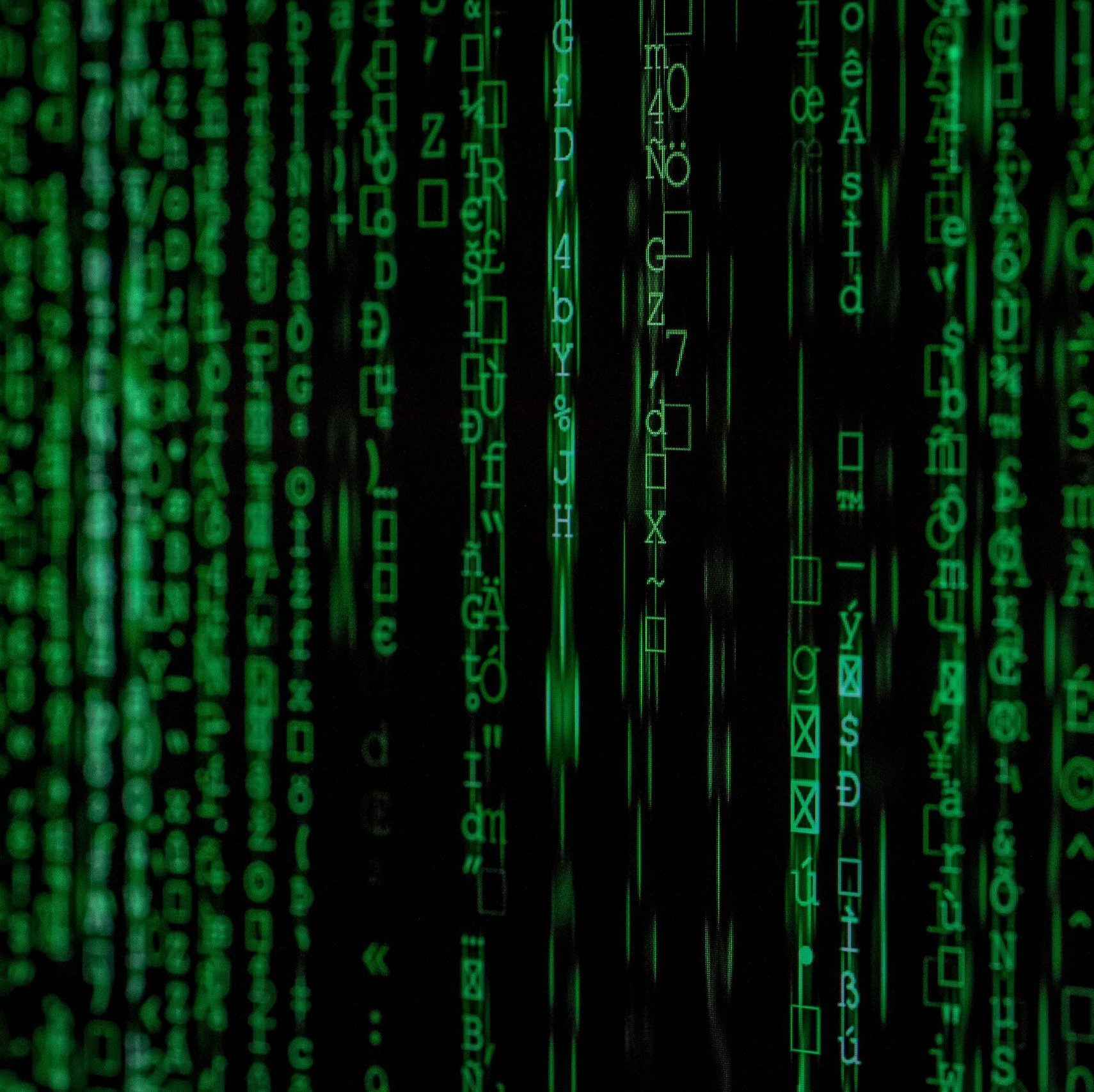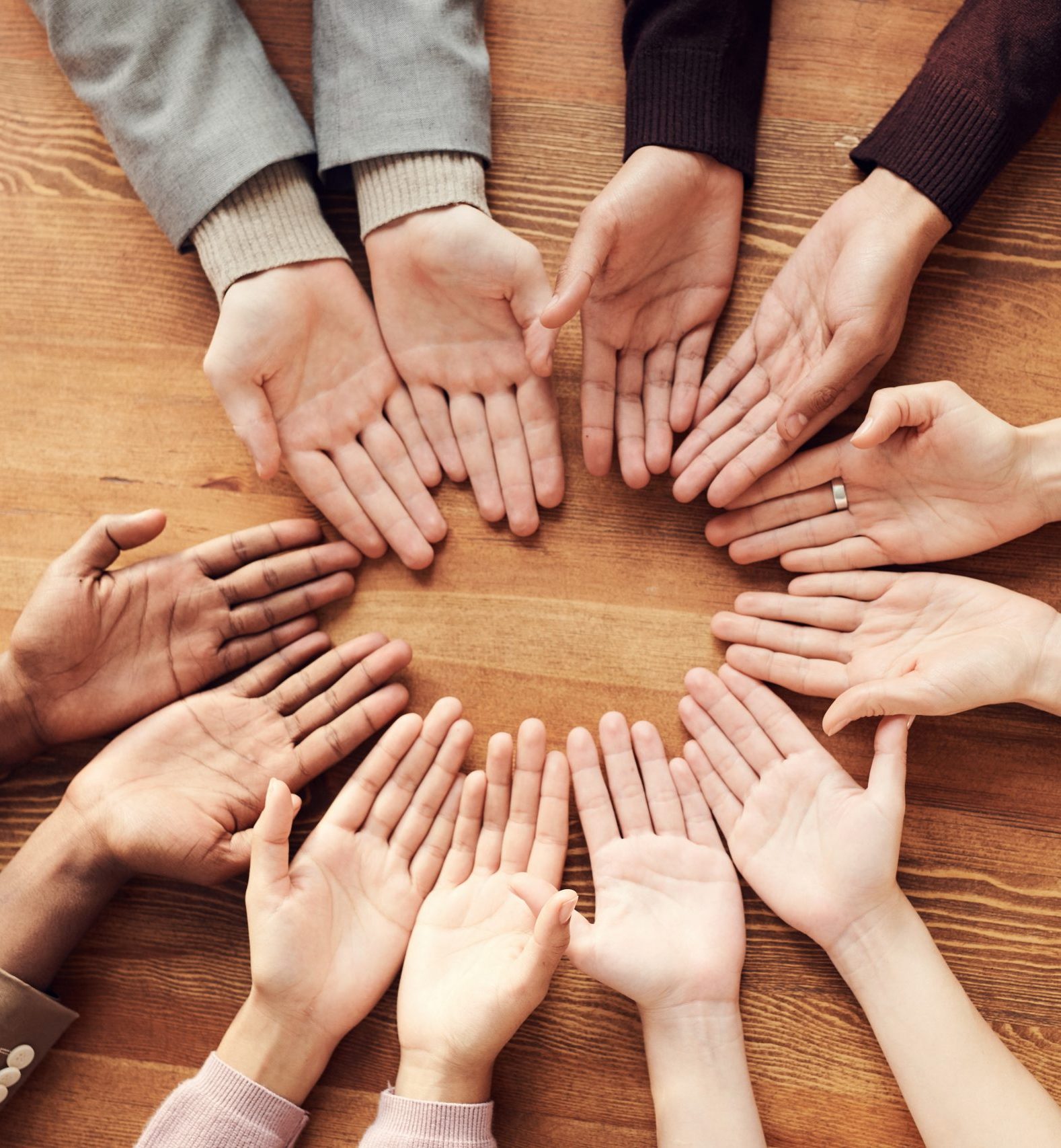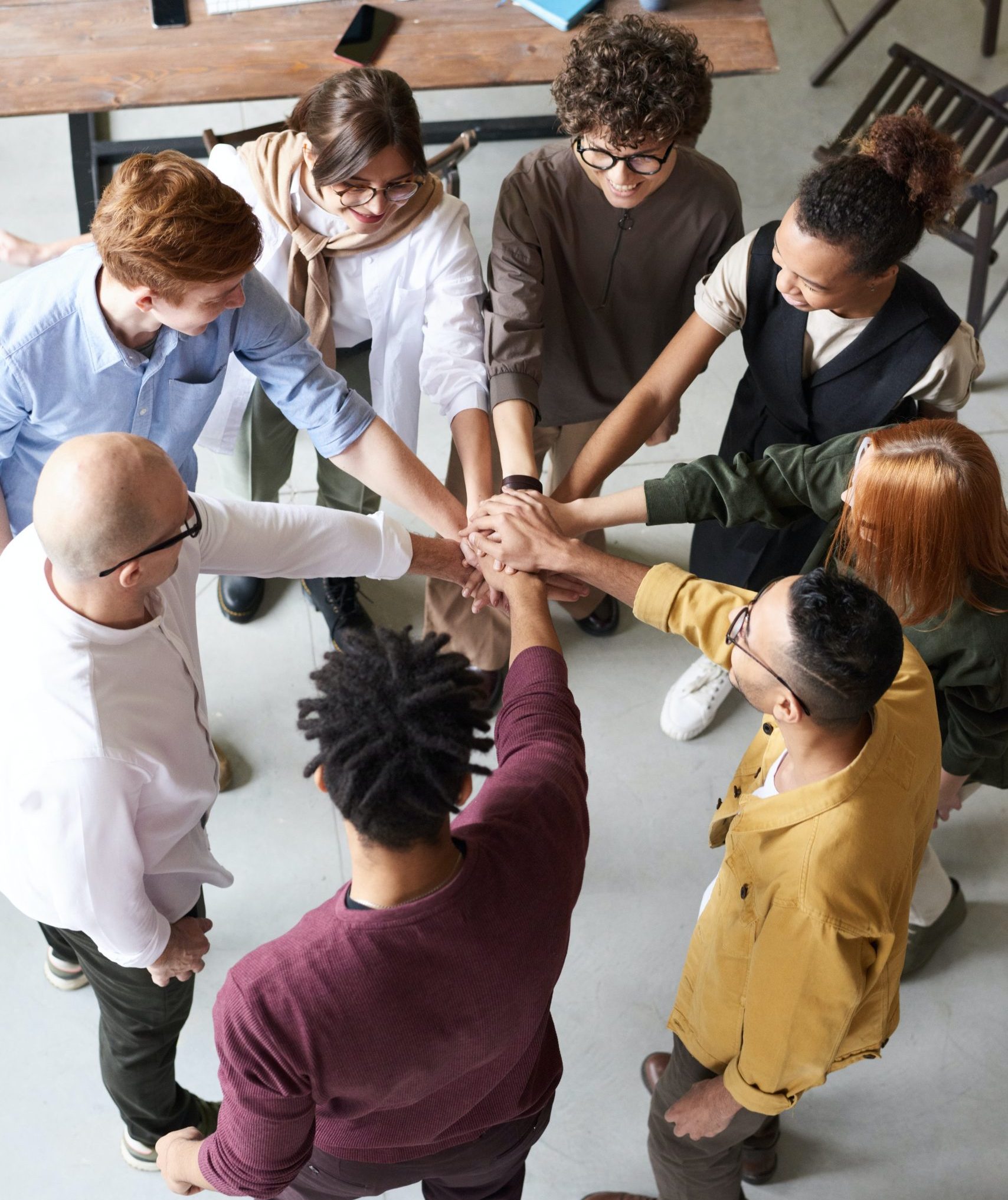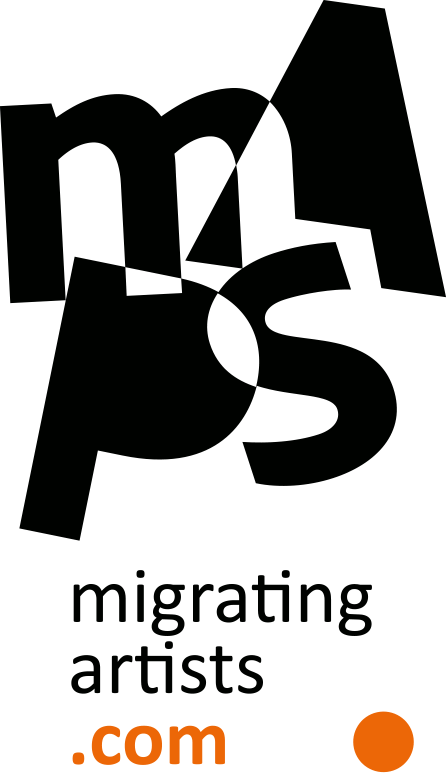mAPs is including a research & archiving programme, coordinated by Dr Marc Wagenbach from TANZRAUSCHEN, that will analyse and evaluate the production process developed throughout the project, involving mentoring and local communities around the common societal theme chosen by the 5 co-founders – POWER.
mAPs research programme will define a methodological approach to :
• cultural approach: show how the values shared by the partners support the sustainability of the project (value production and group identity)
• economic & social approach: build up development strategies to reach new audiences and seize new business opportunities business opportunities
• political approach: understanding how artistic production that links dance and film is a tool for social change
What Moves Us?
Sustainable impact
of societal dancefilm worldwide
STEP 1
Materialities and archives
Gathering data and first quantitative evaluation
1. Until the beginning of April (12th of April), all artistic teams and participants of the mAPs-Project are invited to upload their own materials (diaries, films, references, texts, images etc.) on the mAPs Base for archives. This area is only accessible for participants of mAPs program.
2. From the end of April (30th of April), there will be a quantitative evaluation of the uploaded data by TANZRAUSCHEN and its research partners.
3. Following this first description of the material, everybody who is interested has the possibility to have an individual reflection – or artistic group reflection – about their own research with all mAPs-producers. In this discussion, your material will be put in relation to the theoretical framework of the further research. What are the archives of your work? What do you document? How do you think you work?




STEP 2
Methodological approach
Collective discussion in the mAPs Theory LAB
The mAPs Theory LAB will discuss a transdisciplinary approach for the theoretical research by presenting concepts of a ‘praxeological approach’ (Klein 2015, 2017) questions of materiality and archives (Miller 2005, 2010), and the ideas of ‘counter-archives’ (Friedrich 2013, 2018; Hirschler 2016) in relation to artistic practices, power and communities in Europe.
Further interviews are planed deepening the questions raised in the first part of the research with mAPs artistic teams.
STEP 3
Summer academy
Civil sciences, power and local communities
From June until August, the co-founders are planning a mAPs Summer Academy with workshops (1-2 days), interviews and public forums in each territory (live or online events depending on national constraints related to COVID-19). Opening the research to a broader public, other universities and local communities. Referring to questions of ‘power’, ‘process’, and ‘artistic research’.


